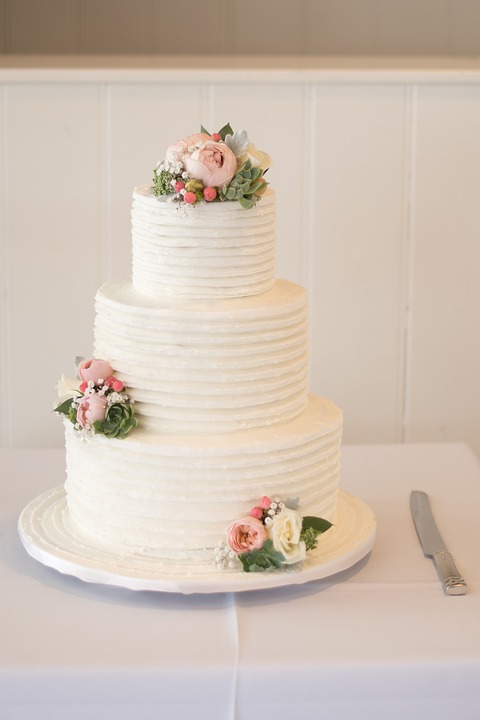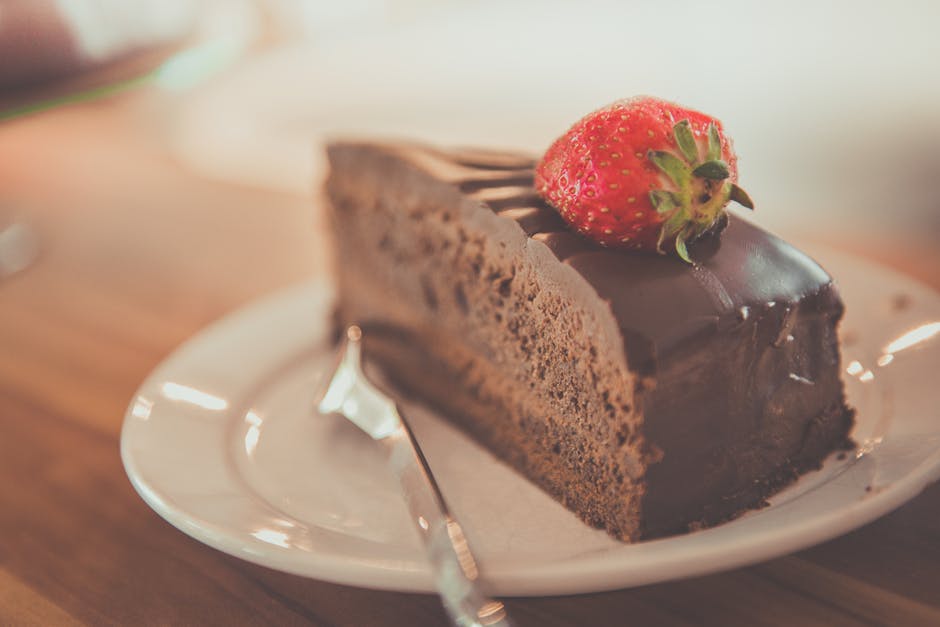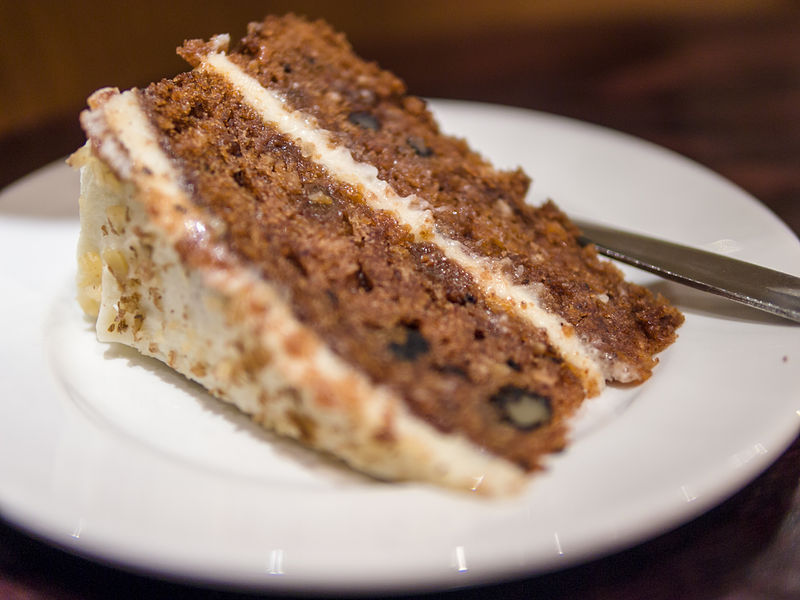The Great Cake Debate: Oil vs. Butter
For the better part of my life, cakes haven’t done all that much for me. When someone at work yells, “Hey, they’ve got cake for Bill’s birthday in the break room. C’mon!” I would be the gal who answers, “Mehhhh. Thanks, but no thanks. But happy birthday, Bill!!”

I have a major sweet tooth, but about 90% of the time, cakes are just okay at best. They are often too dry, too dense, too spongy, or too fake tasting (store-bought ones). Rarely am I blown away by a slice of cake.
However, I have really been focusing on learning to make great cakes with a birthday in my family every couple of months, so I’ve been trying to learn how to do this. Now, most basic recipes for cakes are relatively the same, with the exception of the fat used in the recipe. You have butter or oil. They each achieve different results, so which is better? Well, that depends on your goal with the cake. I have learned some tips from Rosy Levy Berenbaum, who is an author of 12 cookbooks, on the great debate between butter vs. oil.
The texture of cakes made with oil is, in general, superior to the texture of cakes made with butter. Oil cakes bake fluffier and with a more even crumb and actually stay moist far longer than cakes made with butter. So why do most recipes call for butter?
Taste vs. Texture
The answer is flavor. Cakes baked with butter often taste better than oil cakes. People tend to love the fluffy texture that oil gives. Oil is lighter than butter (1 cup of vegetable oil weighs about 218 grams; 1 cup of melted butter weighs about 227 grams) and in addition, oil is 100% fat. Whereas most American butter is comprised of just 80% fat; the other 20% is made up of about 5% milk solids and 15 % water). The water that is present in butter strengthens the gluten in a cake’s flour, resulting in a crumb that’s more dense and not quite as tender as a cake made with oil. That’s not always a bad thing. For a cake where you really need some structural integrity, like in a multi-tiered wedding cake, this is pretty much a necessity.

Chocolate cake has the reputation of being dry, so adding oil to the batter, whether on its own or in addition to the butter, will really help the moistness of the cake.

Longevity of Moist Cakes
The cakes that are thought of as being the most moist are ones with extra fruits and veggies added in: carrot, apple, zucchini, banana. The moistness is often wrongly attributed to the oil that is used in these recipes, when in fact it comes from the water in those fruits and veggies. These kinds of cakes keep really well over time--at room temperature for up to 5 days, refrigerated up to 10 days, or frozen for up to 10 months.

Late Night Cake Cravings
One of the best parts of making a cake is sneaking into the kitchen late at night after the whole house is all dark and sneaking a slice (or 3) of cake. If you know you’ll be refrigerating your cake, if for example you made a cream cheese frosting or have a fruit-studded cake, it is a good idea to use oil instead of butter. A butter cake will firm in the fridge, so for the best taste and texture you will have to let it come to room temperature, which can take over an hour. An oil cake, however, is pretty much good to go straight from the fridge (which is a much better for those quick, late night slices. Who has time to wait an hour for it to come to room temperature?? Nobody!)
I am really enjoying how to improve my cakes and give the people what they’re not really expecting: something that is beautiful AND tastes amazing. What do you typically use in your cake recipes? Oil or butter?
- www.commons.wikimedia.org
- www.pexels.com
- www.pixabay.com
- www.epicurious.com
 Mary Richardson
Mary Richardson
Weekly Newsletter Contributor since 2014
Email the author! mary@dvo.com
